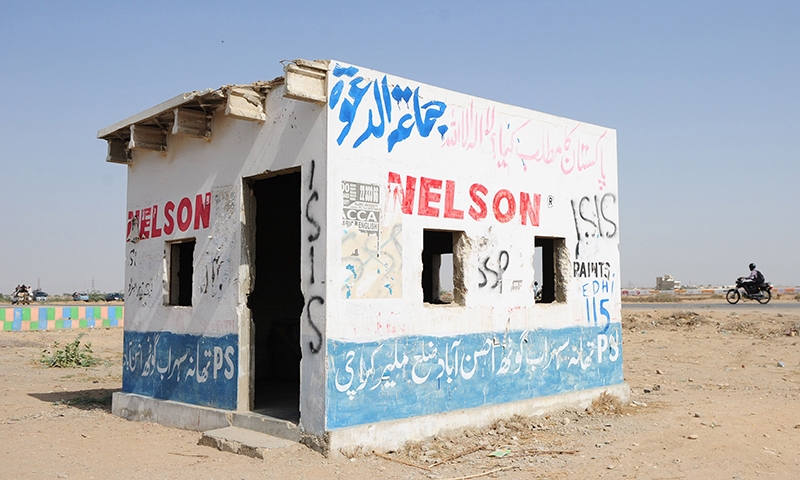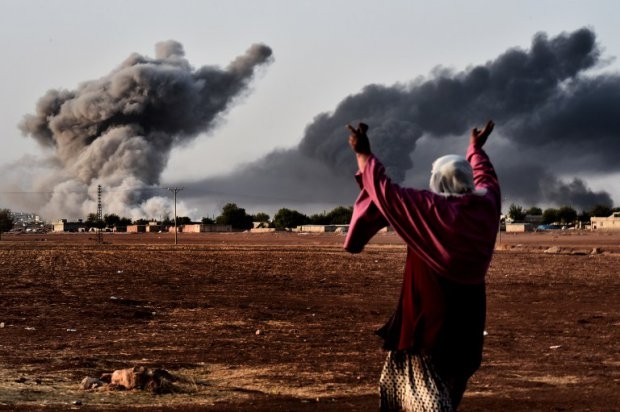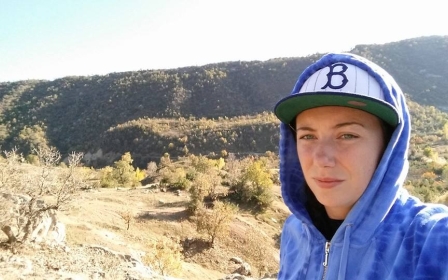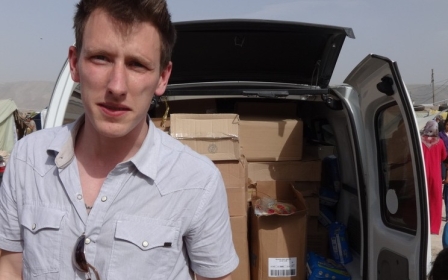Islamic State has roots in Jordan, Afghanistan: Report

The origins of the Islamic State group, which currently holds sway over about 680 kilometres of territory in Iraq and Syria, stretch back as far away as Jordan and Afghanistan and as long ago as 1999, a new report has found.
The 60-page report by Charles Lister, a visiting fellow at the Brookings Centre in Qatar, stated that IS, which originally called itself the Islamic State in Iraq and the Levant, is now a “more successful organisation than al-Qaeda”, the group that was the main focus of the last decade’s “War on Terror”.
IS has now become al-Qaeda’s main challenger as leader of “transnational jihadism”, attracting recruits from across the globe and sitting on assets worth an estimated $2bn, the report found.
The report charts 15 years of consolidation and planning, as the group's founding members navigated a "fraught" relationship with al-Qaeda and embarked on a failed attempt at building an Islamic State between 2006 and 2008.
A “Who’s Who” of the IS leadership also reveals the multinational make-up of the group’s top ranks with a roll call including French, Tunisian and Kosovar nationals and former Iraqi army officials.
IS’s sharia official, responsible for rulings of religious law, is reportedly Bahraini national Turki al-Binali, who also wrote the first biography of group leader and self-declared “caliph” Abu Bakr al-Baghdadi.
At least two members of the IS leadership were previously held in Iraqi prisons before escaping and joining the organisation.
A commander known as Abu Khattab al-Kurdi within IS circles is an Iraqi Kurd who is thought to have led the months-long siege of the Syrian-Kurdish town of Kobane. The news comes as a second group of fighters from the Iraqi Kurdish Peshmerga forces on Tuesday prepared to fly from southern Turkey to join the fight against IS in Kobane.
The ongoing bombardment of the town, near the Turkey-Syria border, has been a flashpoint for international action against IS fighters struggling for control.
The report also reveals the complex bureaucracy required to run the territory under IS control; in some places, the group has been collecting taxes and assigning “government” jobs for months.
Its top ranks include Co-ordinator of Prisons and Women’s Affairs, Minister for Social Services and Chief of Media Operations, a position reportedly held by the Syrian-American Ahmad Abousamra.
New MEE newsletter: Jerusalem Dispatch
Sign up to get the latest insights and analysis on Israel-Palestine, alongside Turkey Unpacked and other MEE newsletters
Middle East Eye delivers independent and unrivalled coverage and analysis of the Middle East, North Africa and beyond. To learn more about republishing this content and the associated fees, please fill out this form. More about MEE can be found here.





